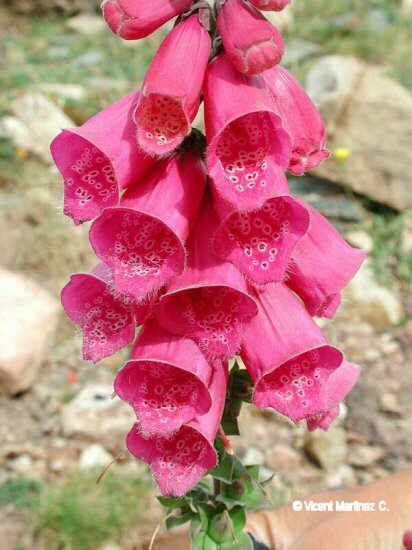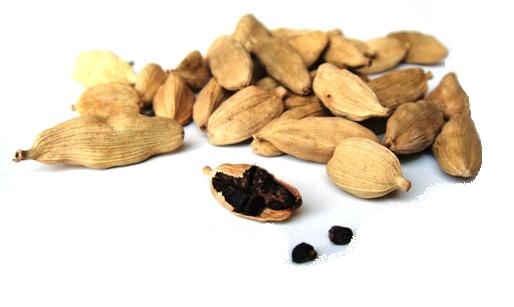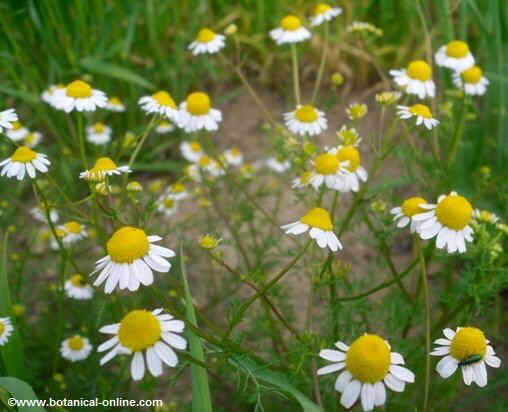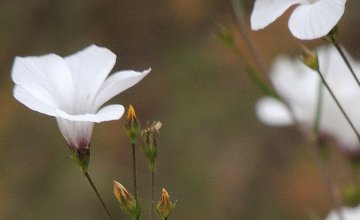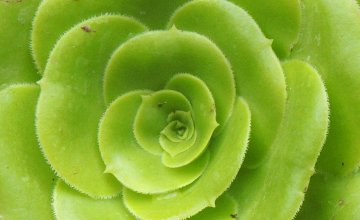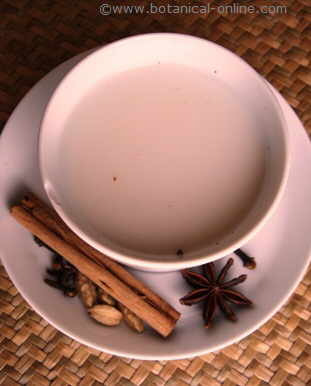Contents
When should we not use nasturtium (Tropaeolum majus)?
Does nasturtium have contraindications?
Yes, nasturtium or Indian cress (Tropaeolum majus) contains certain components that may present contraindications.

Specifically, its leaves and flowers are rich in glucosinolates, components present in many vegetables, such as cabbage, arugula or watercress, responsible for its spicy flavor.
Glucosinolates can be irritating to some sensitive people, or if given in too much quantity.
The adverse effects that it can cause are related to irritation of the skin (externally) or the digestive and urinary system (internally). Nasturtium seeds are toxic.
Contraindications of nasturtium
- Children under 6 years of age: It is not recommended to administer to children under 6 years of age since nasturtium contains goitrogenic substances and can cause allergies.
- Pregnancy and breastfeeding: The use of nasturtium is not recommended.
- Prolonged use: It is not recommended to take nasturtium daily because it can be irritating to the digestive tract, kidneys or skin.
- Hypothyroidism: Glucosinolates are goitrogenic components and can affect the functioning of the thyroid gland in people with hypothyroidism. Nasturtium extract is contraindicated in case of hypothyroidism.
- Delicate stomach: The irritating substances in nasturtium can damage the stomach mucosa and cause pain in people with dyspepsia, gastritis or stomach ulcer.
- Digestive ulcers: In addition to being irritating, it can stimulate digestive functions and worsen digestive ulcers and heartburn.
- It should be especially taken into account not to administer to people who have gastrointestinal ulcers or kidney conditions.
- Kidney diseases: Glucosinolates are irritating to the urinary tract. Nasturtium should not be administered to those people with urinary diseases such as cystitis, renal colic, kidney failure, etc.
- Intestinal diseases: It can cause outbreaks and digestive disorders in people who suffer from Dumping syndrome, inflammatory bowel disease, Crohn’s disease and irritable colon.
- Allergy: There are people who are allergic to the components of mustard and other cruciferous plants. Some well-known plants in this family are mustard, broccoli or cabbage.
- Sensitive skin: This plant has irritating components that can cause dermatitis in people with sensitive skin. Likewise, topical remedies should not be used on the face, on wounds, bruises, blisters or irritated areas.
- Psoriasis: It is not recommended to apply in case of psoriasis.
![]() More information on nasturtium
More information on nasturtium

